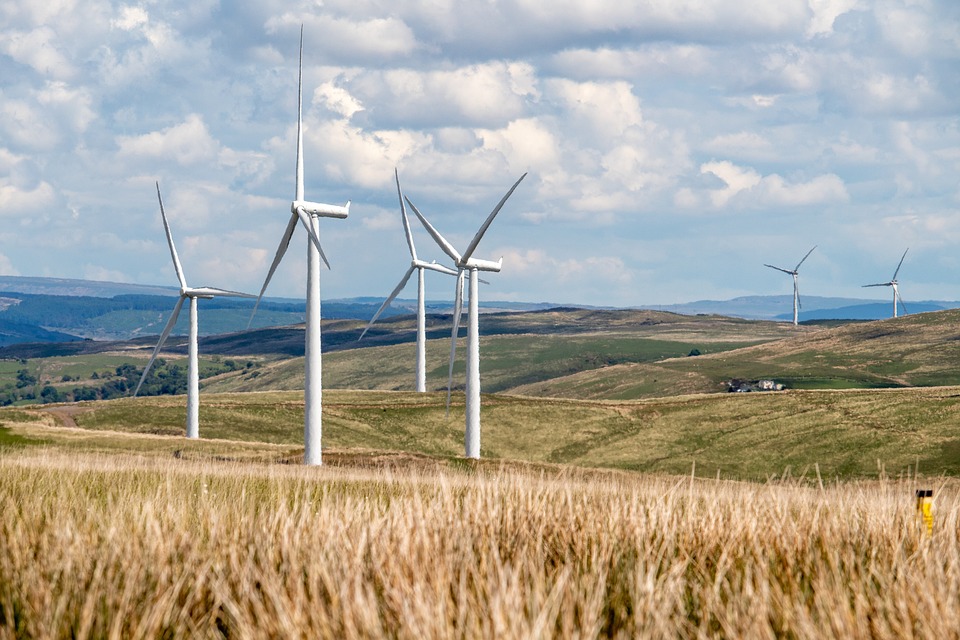What Is the Climate of Vietnam?
Vietnam, located in Southeast Asia, features a diverse climate that varies significantly across its regions due to its geographical position and topography. The country stretches over 1,600 kilometers from north to south, resulting in a range of climatic conditions influenced by tropical and subtropical weather patterns, particularly the monsoons.
Overview of Vietnam’s Climate Zones
Vietnam’s climate can be broadly categorized into two main types:
– Tropical Climate: Predominantly found in southern Vietnam, characterized by warm temperatures year-round and a pronounced wet season.
– Subtropical Climate: Present in northern Vietnam, where distinct seasons are observed, including a cool winter and a hot, humid summer.
The climate is heavily influenced by two monsoon seasons: the northeast monsoon from October to early April and the southwest monsoon from April to September, which dictate the wet and dry periods across different regions of the country[1][2].
Seasonal Climate in Vietnam
#
Dry Season (November to April)
– The dry season spans from November to April, bringing cooler and drier conditions across most of Vietnam.
– Northern Regions: Mild temperatures with averages around 15°C (59°F) during winter months (December to February).
– Southern Regions: Warm and dry weather with temperatures averaging between 25°C to 35°C (77°F to 95°F), making it an ideal time for travel along the coast and in the northern highlands.
#
Wet Season (May to October)
– The wet season typically runs from May to October, marked by heavy rainfall, especially in southern and central regions.
– Southern Regions: Experiences high humidity and frequent thunderstorms; temperatures can soar above 30°C (86°F).
– Northern Regions: Rainfall occurs but is generally less intense than in the south. This season also sees the potential for tropical storms and typhoons, particularly affecting central Vietnam.
Regional Climate Variations in Vietnam
– Northern Vietnam (Hanoi and Ha Long Bay): Experiences four distinct seasons: cold winters (December to February) with temperatures dropping to around 15°C (59°F) and hot, humid summers (May to October) with heavy rainfall.
– Central Vietnam (Hue and Da Nang): Characterized by a coastal climate with high rainfall from September to December due to tropical storms. Temperatures remain warm year-round, averaging between 25°C to 30°C (77°F to 86°F).
– Southern Vietnam (Ho Chi Minh City and Mekong Delta): Maintains a tropical climate with consistent warmth throughout the year. The rainy season lasts from May to November, while the dry season extends from December to April[3][4].
Temperature and Humidity Patterns
Vietnam’s climate is characterized by:
– Consistent Warm Temperatures: Particularly in southern regions where temperatures remain high year-round.
– High Humidity Levels: Especially during the wet season when humidity can exceed 80%, contributing to a muggy feel.
– Seasonal Variation in Northern Regions: Winters can be quite cool compared to the warm temperatures experienced in central and southern areas[5][6].
Climate Change Impacts on Vietnam
Vietnam faces significant challenges due to climate change:
– Rising Temperatures: Increased average temperatures are affecting agricultural practices and water resources.
– Sea-Level Rise: Coastal areas like the Mekong Delta are particularly vulnerable, leading to saltwater intrusion and loss of arable land.
– Extreme Weather Events: The frequency of intense storms and flooding has risen, impacting infrastructure and livelihoods, especially during the rainy season[7][8].
Best Times to Visit Vietnam Based on Climate
The ideal times for visiting Vietnam vary by region:
– Northern Vietnam: Best visited from October to April when temperatures are cooler and drier.
– Central Vietnam: Optimal travel period is from February to August when conditions are warm and dry.
– Southern Vietnam: November to April is recommended for pleasant weather, avoiding the heavy rains of May through October[3][4].
Conclusion
Understanding Vietnam’s diverse climate is crucial for travelers, residents, and those involved in agriculture. With its tropical to subtropical climate featuring distinct wet and dry seasons, planning activities around these climatic patterns can enhance experiences throughout this vibrant country.

Kyle Whyte is a notable scholar and professor at the University of Michigan, holding positions such as the George Willis Pack Professor in the School for Environment and Sustainability and Professor of Philosophy. Specializing in environmental justice, his work critically examines climate policy and Indigenous peoples’ ethics, emphasizing the nexus between cooperative scientific endeavors and Indigenous justice. As an enrolled Citizen Potawatomi Nation member, he brings a vital perspective to his roles as a U.S. Science Envoy and member of the White House Environmental Justice Advisory Council. His influential research is supported by various prestigious organizations including the National Science Foundation, and disseminated through publications in high-impact journals. Kyle actively contributes to global Indigenous research methodologies and education, with affiliations to numerous institutes and societies dedicated to traditional knowledge and sustainability. Recognized for his academic and community engagement, Kyle has earned multiple awards and served in various visiting professorships. His efforts extend to leadership positions on boards and committees focused on environmental justice nationwide.
